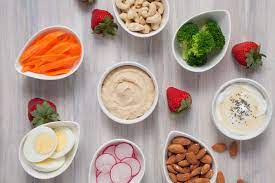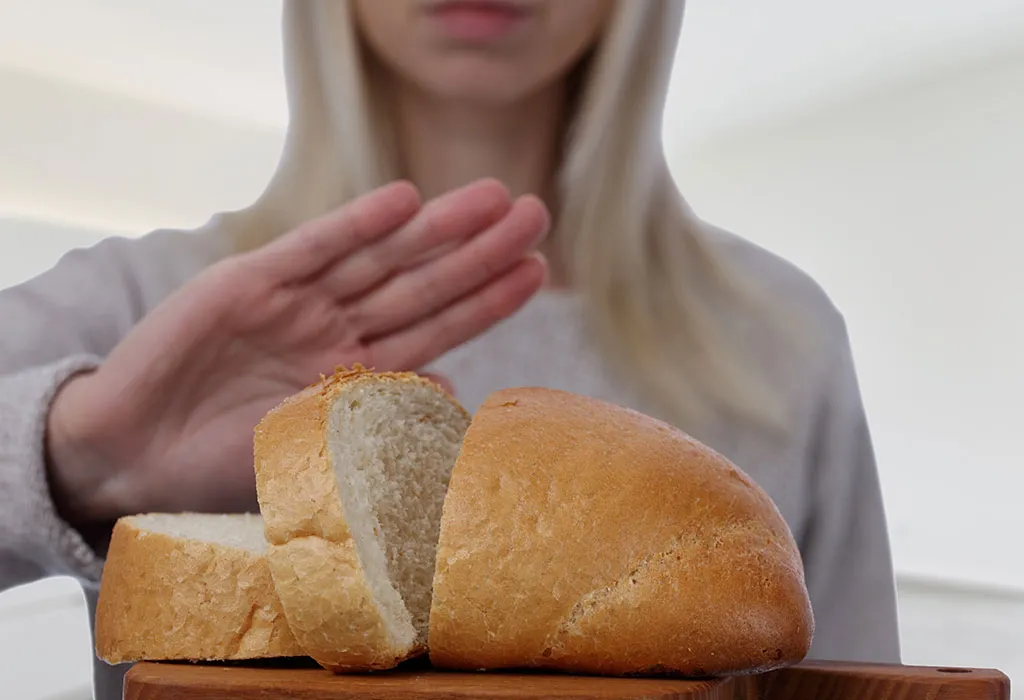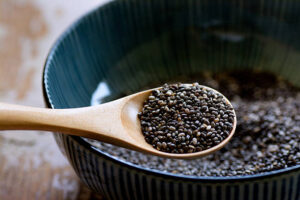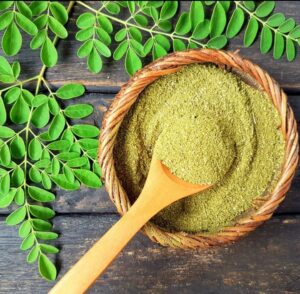Is it safe to eat a gluten-free diet when pregnant?
Things to Know Before Going Gluten-Free During Pregnancy.

You may be wondering if you’re receiving enough nutrition if you’ve been avoiding gluten due to celiac disease or a gluten sensitivity. Is it necessary to alter your diet now that you’re feeding two people? Gluten, a protein that gives foods structure and texture, is naturally present in most grain-based goods, such as wheat, barley, and rye. Breads, crackers, cereals, pasta, cakes, cookies, and pies prepared with wheat flour are all off-limits. When you’re pregnant, it’s safe to avoid gluten, but it’s not necessarily a smart idea. A gluten-free diet is essential for women with celiac disease or other medical disorders provoked by gluten or wheat consumption.
Things to Know Before Going Gluten-Free During Pregnancy.

When you’re pregnant, getting a balanced diet can seem more difficult than ever, what with sickness, constipation, and an increasingly limited range of items in your fridge. You can receive all the nutrients you and your growing baby need by eating a variety of foods from all dietary groups – proteins, fruits, vegetables, dairy/dairy substitutes, and grains.
What can you consume while pregnant on a gluten-free diet?

Eliminating grains from your diet means foregoing a significant amount of B vitamins, fibre, and essential minerals, all of which are either naturally or added during processing. Don’t worry about heaping your plate with stuff you can’t eat because many gluten-free foods provide these and other nutrients. A normal prenatal vitamin is also your insurance policy, ensuring that you get everything you need and more. Even so, it’s recommended making an extra effort to get lots of the following nutrients from gluten-free sources during pregnancy:
Folate
When you’re pregnant, folate is possibly the most important nutrient since it helps prevent birth abnormalities like spina bifida. Because many gluten-free products are not manufactured with this enhanced flour, check the folate levels on the nutrition label of the goods you buy.
Iron
Iron helps you make red blood cells, which transport oxygen throughout your body. This is especially important when you’re pregnant, because your body is pumping a lot more blood.
Fiber
Because you’re more likely to become constipated during pregnancy. Aim for at least 25 grammes of fibre each day (plus lots of water).
Calcium
The mineral is essential for your baby’s developing bones and teeth, as well as protecting your own. Calcium is also important for your child’s muscular, heart, and nerve growth.
Zinc
Zinc promotes cell growth in your baby. And may help prevent low birth weight and other issues during labour and delivery. It also keeps your immune system in fighting shape, making you more resistant to colds and illnesses during pregnancy.
D vitamin
Vitamin D works with calcium to help your baby’s bones and teeth develop properly. And having enough could help you avoid pregnancy issues including preeclampsia, gestational diabetes, and low birth weight
Here are some gluten-free products which will help you during your gluten-free pregnancy –
gluten free cookies and chocolates .
. https://foodvez.com/


